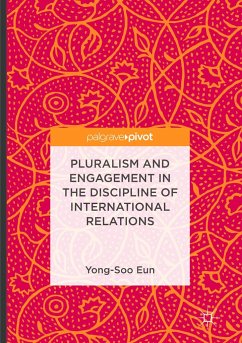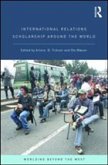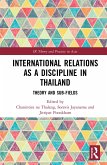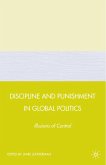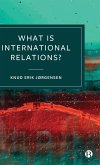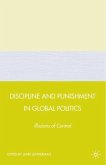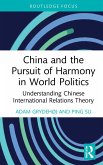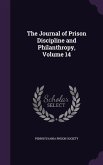This book identifies and addresses subtle but important questions and issues associated with the configuration of International Relations as a discipline. Starting with a much-needed discussion of manifold implications and issues associated with pluralism, the book raises important questions, such as where does the field of IR stand in terms of epistemological, theoretical, and methodological diversity. The book also carries out a comparative analysis of the present status of post-positivist IR scholarship in the United States and China.Eun discusses these questions through a close reading of the key texts in the field and by undertaking a critical survey of publishing and teaching practices in IR communities. IR scholars will gravitate to this text that fills many gaps in international political theory.
"This book is a thought-provoking intervention that will be of particular interest to audiences on both sides of the theoretical divide ... . this book is a welcome contribution to the field in manifold ways. Rather than fueling fragmentation of the field, this book softly touches upon the issues that both positivists and postpositivists should answer, by provoking self-reflection about their real contribution to a pluralistic IR through their practices." (Chaeyoung Yong, International Studies Review, Vol. 20 (03), September, 2018)

